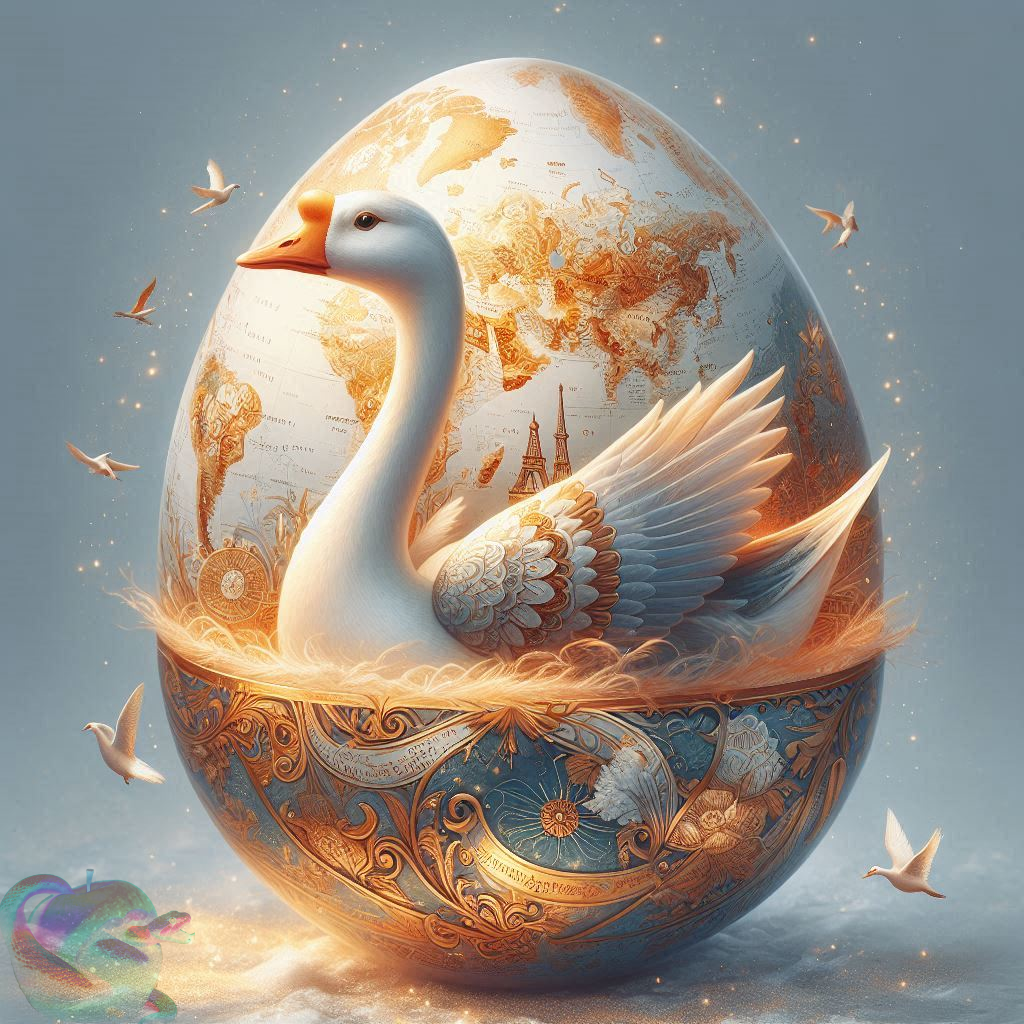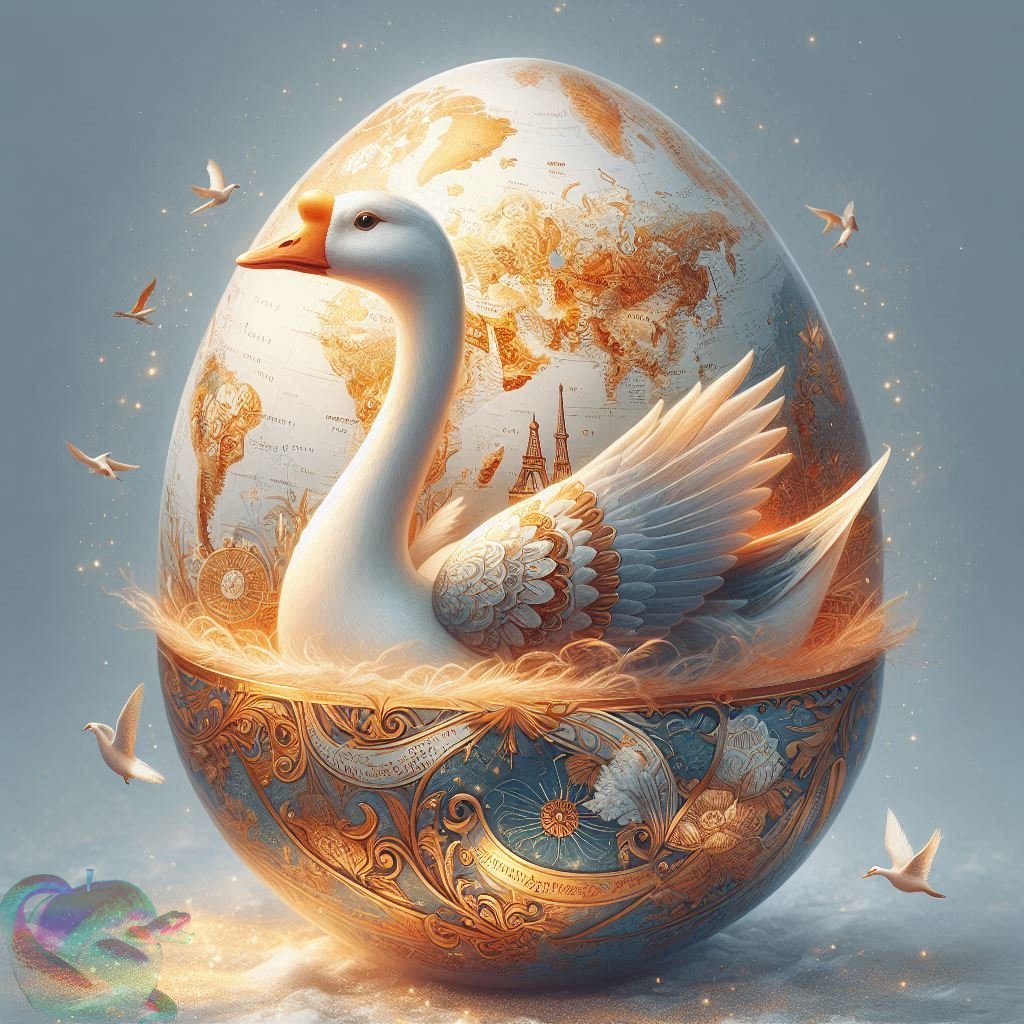
If we are the gap
A year or so ago I started capturing thoughts on the… —gap (see link for list of those thoughts, and a sort of list, a list of sorts for the beginning of a taxonomy of gaps).
At that time I was mostly intrigued by what people throw into the gap, and generally I focussed on those intuitions (including intuition itself) which were usually of the God of the Gaps kind. They were face-saving kludges in which some abstraction is given the credit because: politics of one sort or another. It was a way to order the world, even if it failed to world the order.
"Thing is" it is not just gods we throw into the gap.
In addition there was an interest in those systemic gaps, those Gödelian aporias, the incompleteness at the heart of any careful considered formal system.
I was unaware that Kurt Gödel was an intuition-centric and his work, while directed at mathematical formalism, and its pride, which led him to map “This sentence is false” into a formal system… —all the while his intuitions were of Platonic ideals.
Personally I cannot see much difference between a practical formalism and Plato’s ideals. That is, if they apply to formal systems then they would also map into Ideal systems. How could they be excluded? Ideals would have to be bereft of logic I guess, as we know it?? (see All logic is prior). Or have their idealness defined by their un-aporic-ness. Ideal systems are complete in their incompleteness I guess? It is mystical mechanical fragilistical…
Intuition doesn’t give you insight into the truth, it just makes you go on, you go-on.
You goose in greener fields. You goose in the wild chase.
Are we the gap?
There is little to answer for here. It is all in the question.
A sin of omission in commission
So the crime in throwing stuff into the gap, and treating it like an emotional landfill, is not that we give up and raise our hands in a shrug. The mistake is that we do not shrug enough (no doubt because we feel we must) and throw something else into it besides our good selves (we feel that we must should on things).
More | better: should.
We take on the responsibility when we would be better taking on ourselves, and not by shoving it onto to others. You goose.
The best example is still that we throw god into the gap as a creator, even though we have no evidence that the world is created, we assume that it is made because we make stuff. The assumption is a form of occluded idolatry of ourselves, deep in the sacred cave. Thus the world, the universe, the cosmos is also made (by us)(because we make things), but a false modesty precludes us from taking credit (perhaps in a Manichaean-like move to avoid taking the blame).
People feel that they should not take credit for the world, even though they feel the world should be, and thus create the world in that very moment, even though they disavow their offspring.
I suspect this is the result of the empathy ecology of our socially mental lives. Though, of course, the most pathological forms of it will be the result of empathy’s lack, where narcissists exploit our strength as a weakness. As if it were a chink in the armour, when, of course, to empathic people empathy is not armour at all. It is this ‘flaw’ that makes the world that our parasites feed off.
You goose.

Alexander T Englert. “Kurt Gödel, His Mother and the Argument for Life after Death.” Aeon. Accessed January 6, 2024. https://aeon.co/essays/kurt-godel-his-mother-and-the-argument-for-life-after-death.
American Scientist. “The Incomplete Gödel,” February 6, 2017. https://www.americanscientist.org/article/the-incomplete-godel.
Gruen, Nicholas. “All You Ever Wanted to Know about Gödel.” Club Troppo. Accessed October 29, 2013. http://clubtroppo.com.au/2005/08/25/all-you-ever-wanted-to-know-about-godel/.
Hofstadter, D. Gödel, Escher, Bach: An Eternal Golden Braid. Harmondsworth: Penguin, 1980.
Rebecca Newberger Goldstein. Gödel and the nature of mathematical truth : A Talk with Rebecca Newberger Goldstein, August 6, 2005. https://www.edge.org/conversation/rebecca_newberger_goldstein-godel-and-the-nature-of-mathematical-truth?
Roger Penrose Explains Godel’s Incompleteness Theorem in 3 Minutes, 2020. https://www.youtube.com/watch?v=w11mI67R95I.
Crossposted at whyweshould.substack.com (you could comment there)
